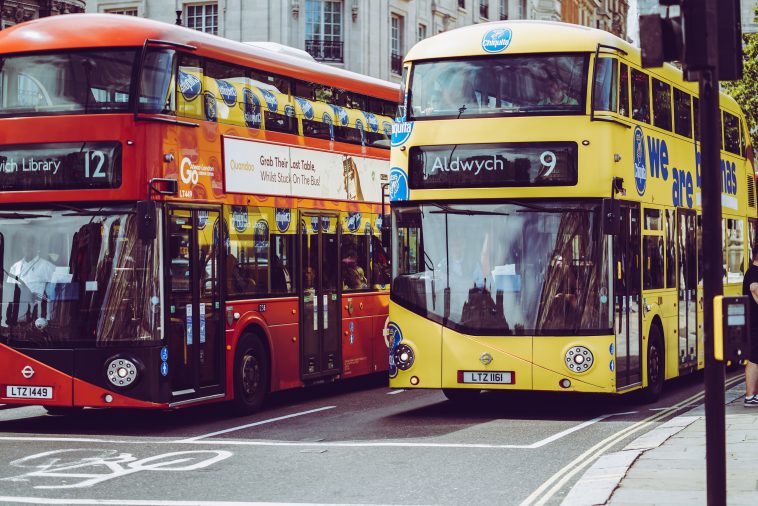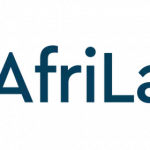Dakar Mobility, a pioneering Senegalese firm co-owned by Meridiam and the Sovereign Strategic Investment Fund of Senegal (FONSIS), has achieved a remarkable milestone by securing €135 million in funding. This investment, the first of its kind in Sub-Saharan Africa, will be used to establish a 100% electric Bus Rapid Transit (BRT) system. The financing, contributed by Proparco, EAIF, PIDG TA, and the European Union (EU), signifies a significant advancement in the region’s dedication to eco-friendly urban transportation.
Dakar has embarked on an ambitious urban transportation overhaul to confront severe traffic congestion that contributes to road safety issues, elevated air pollution levels, and significant greenhouse gas emissions. This initiative is led by the Executive Council for Sustainable Urban Transport (CETUD), which aims to mitigate these problems by implementing a cutting-edge BRT system.
The upcoming Bus Rapid Transit (BRT) system will link the Petersen bus station in the Dakar Plateau to the Guédiawaye prefecture in the northern suburbs. Spanning a total of 18.3 kilometers, this network will feature 23 stations. It will have a fleet of 121 electric buses, positioning it as a groundbreaking initiative in Sub-Saharan Africa.
The Dakar BRT project is being financed through various sources. It has secured a loan of €85.4 million, equally divided between Proparco and EAIF. Additionally, a €6.4 million loan from the same institutions is provided for future battery replacements after the buses complete their eight-year service period. The European Union is contributing €7 million towards this initiative. PIDG TA is facilitating around €9 million in grants, which are crucial for fulfilling the project’s financial needs. Meridiam and FONSIS are covering the remaining financial requirements.
The involvement of the European Union in this project is in line with its Global Gateway strategy, which emphasizes creating intelligent, clean, and secure networks in digital, energy, and transportation. This investment clearly indicates the EU’s dedication to fostering clean urban mobility solutions.
Upon its completion, the Dakar BRT project is set to revolutionize transportation in the Dakar metropolitan area. It aims to serve as a primary transport method, with an ambitious goal of accommodating 300,000 passengers every day. This new system is expected to drastically cut down travel durations, making it possible to traverse the distance between the two ends of the line in a mere 45 minutes – a significant improvement from the current 90 minutes.
In addition to its transportation advantages, the project is also anticipated to substantially impact the local economy and the overall quality of life in Dakar. Dakar Mobility is committed to generating around 1,000 direct local jobs through this project. A key focus of this employment drive is to enhance job accessibility for women and offer young individuals opportunities to acquire skills in mass public transport.
The Dakar basin is set to experience enhanced employment opportunities due to the improved accessibility provided to its peripheral areas. “Dakar Mobility” introduces a social pricing strategy, cutting fares by up to 50% for the disadvantaged, thereby making new opportunities more accessible through the BRT system.
The project places a high priority on inclusivity and safety. Plans include high-quality facilities at stations and in adjacent areas. These facilities encompass pedestrian provisions, public lighting along the BRT routes for increased security, bus spaces designed for wheelchair users, and seats reserved explicitly for those with limited mobility.
In conjunction with reconfiguring existing bus routes, the Dakar BRT project adopts a comprehensive approach to urban transportation. It builds on the success of the Regional Express Train (TER), launched in 2021, underscoring the importance of sustainable transport in the region.
Dakar is pioneering a groundbreaking initiative by implementing a completely electric Bus Rapid Transit (BRT) system, marking a significant step towards sustainable urban progress. This project, aimed at environmental preservation, economic advancement, and social welfare, is set to revolutionize Dakar’s transport system. Its success could serve as a model for sustainable urban transportation throughout Sub-Saharan Africa.



